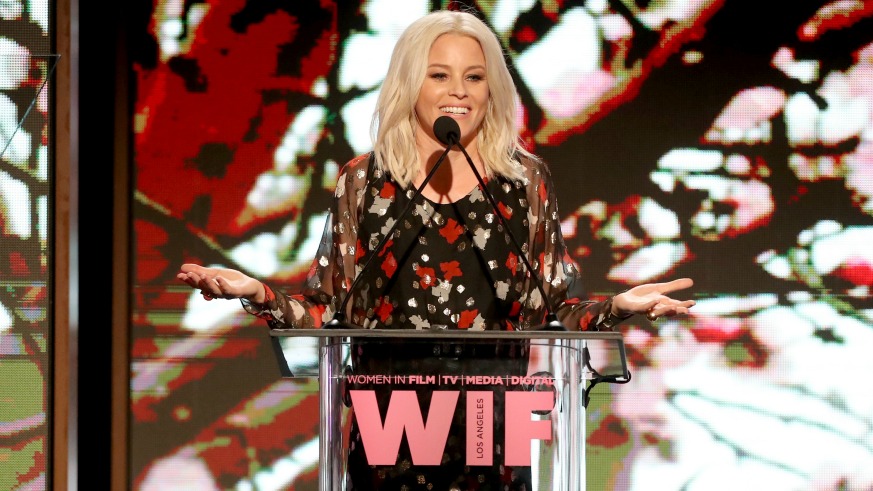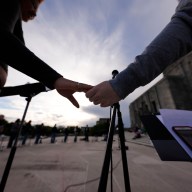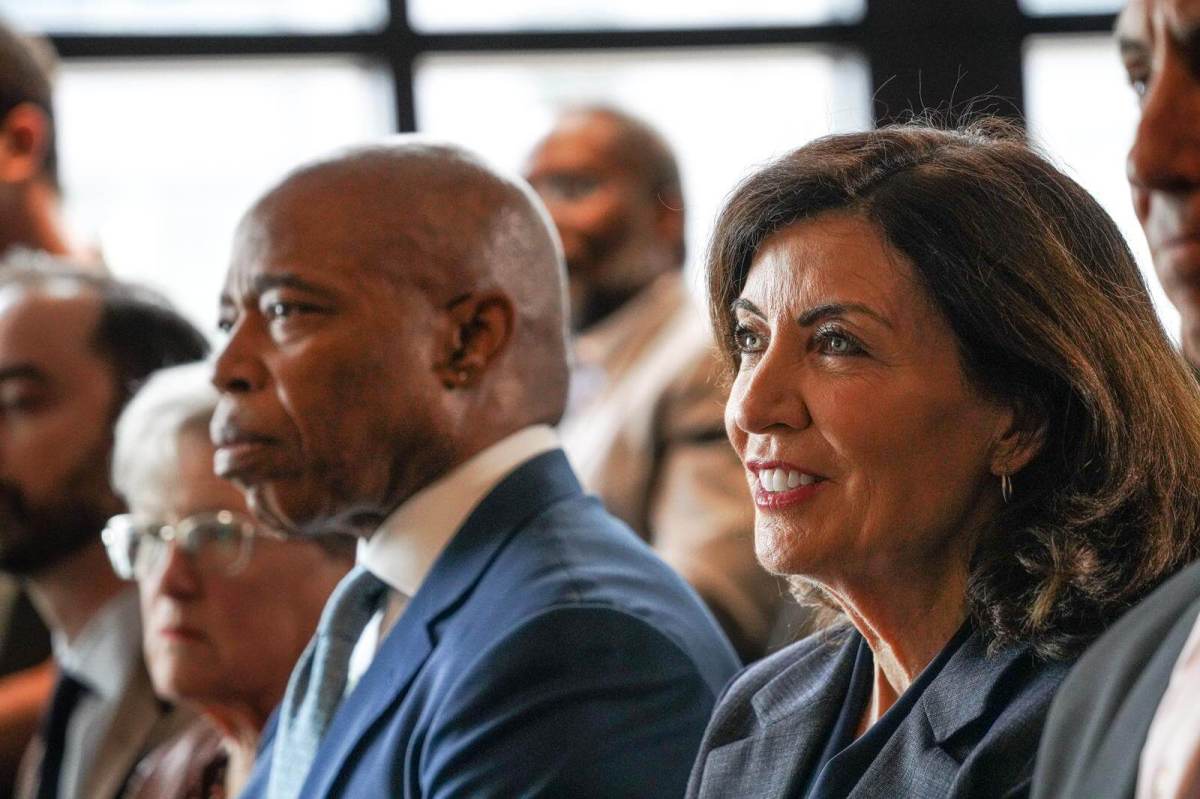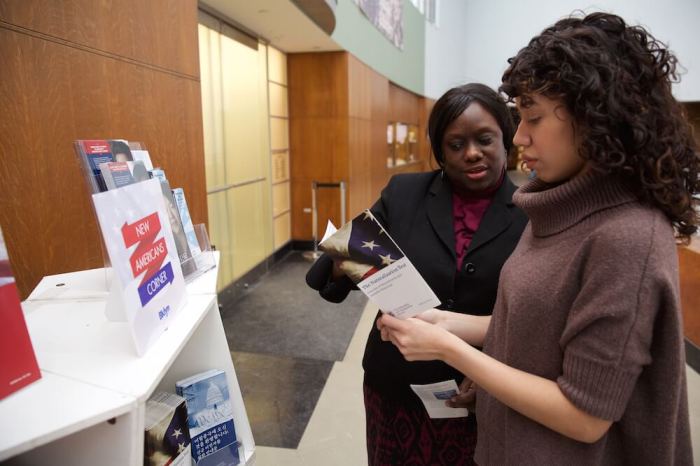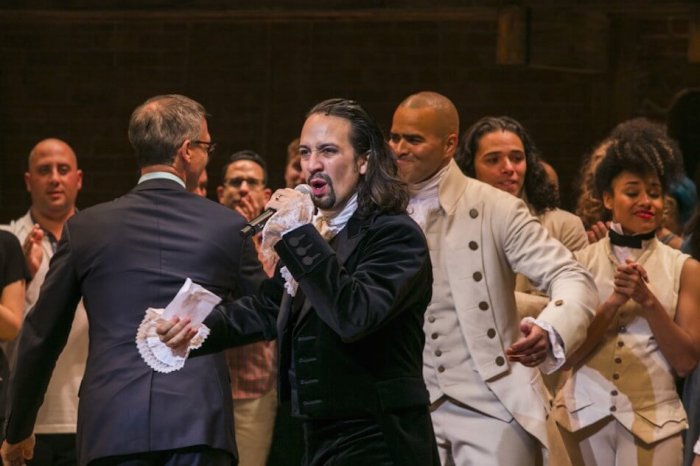On Tuesday night, Elizabeth Banks spoke truth to power. At the Women in Film Crystal + Lucy Awards, the actress and filmmaker took to the stage to receive one of its top honors: the Crystal Award for excellence in film. No awards show is complete without a political speech, but a ceremony honoring women in film is the best place to say what she did: that women need more representation in film, that girls need to see themselves more often on screens.
As an example, Banks cited no less than Hollywood’s most famous filmmaker: Steven Spielberg. “I went to ‘Indiana Jones’ and ‘Jaws’ and every movie Steven Spielberg ever made. And by the way, he’s never made a movie with a female lead,” Banks said. “Sorry, Steven. I don’t mean to call your ass out, but it’s true.”
The Internet was quick to point out that’s that’s not true. Spielberg’s first studio movie, “The Sugarland Express,” starred Goldie Hawn, in one of her finest performances. A decade later he made “The Color Purple,” starring Whoopi Goldberg. Last year’s “The BFG” was essentially a gender-switched “E.T.,” this time about a little girl (Ruby Barnhill) who befriends an extraordinary being. His next film, due in December, is “The Paper,” about Kay Graham, the first female newspaper publisher, to be played by no less than Queen Meryl.
Still, even if Banks picked the wrong ass to call out, she’s not entirely incorrect. That’s four female-driven Spielberg films out of the 30 he’s made over 40-some years. It’s a higher ratio than Martin Scorsese, who hasn’t helmed a film about a female protagonist since 1974’s “Alice Doesn’t Live Here Anymore.” (There’s also 1977’s “New York, New York,” but that’s a movie with two leads: Liza Minnelli and Robert De Niro.) In other words, it’s nothing to write home about.
In fact, most of the great ’70s director gods have been reluctant to make movies about women. It’s telling that the guy from this camp with the most female-led movies is Brian De Palma, one of cinema’s finest horndogs. “Carrie” is a deeply empathetic portrayal of a teenage girl and it opens with a T&A locker room scene. That sums De Palma up pretty well.
We also don’t mean to call these guys’ asses out. We don’t think filmmakers should feel compelled to make films about people or groups they may not know much about; we shudder to think what a Coen brothers or Richard Linklater film about the black experience would look like. At the same time, we wish male filmmakers didn’t need to feel compelled to make movies about women. In other words, it shouldn’t be done in a dutiful, “time to make the donuts” way, but out of a genuine need, a desire to venture outside their comfort zones.
Then again, you could also argue that people like Spielberg and Scorsese have ventured outside their comfort zones, early and often. Spielberg making “The Color Purple” was a big deal; it was even seen as controversial at the time — this white populist filmmaker telling a black story. Part of what’s great about it (and it is a great film) is the fascinating tension between his voice and that of Alice Walker. (Ditto his follow-up film, “Empire of the Sun,” which saw the king of good vibes tackling J.G. Ballard, one of the great pessimists of the 20th century.) Meanwhile, Scorsese has made both a period piece — “The Age of Innocence,” which has a male hero — and “Kundun,” about the life of the current Dalai Lama, as well as countless other adventures away from the world of angry and/or gun-toting man’s men.
But we’re getting off topic. Banks’ speech did what all great speeches do: It forces us to argue in the hopes of creating a better tomorrow — one, we hope, with more movies about women.

